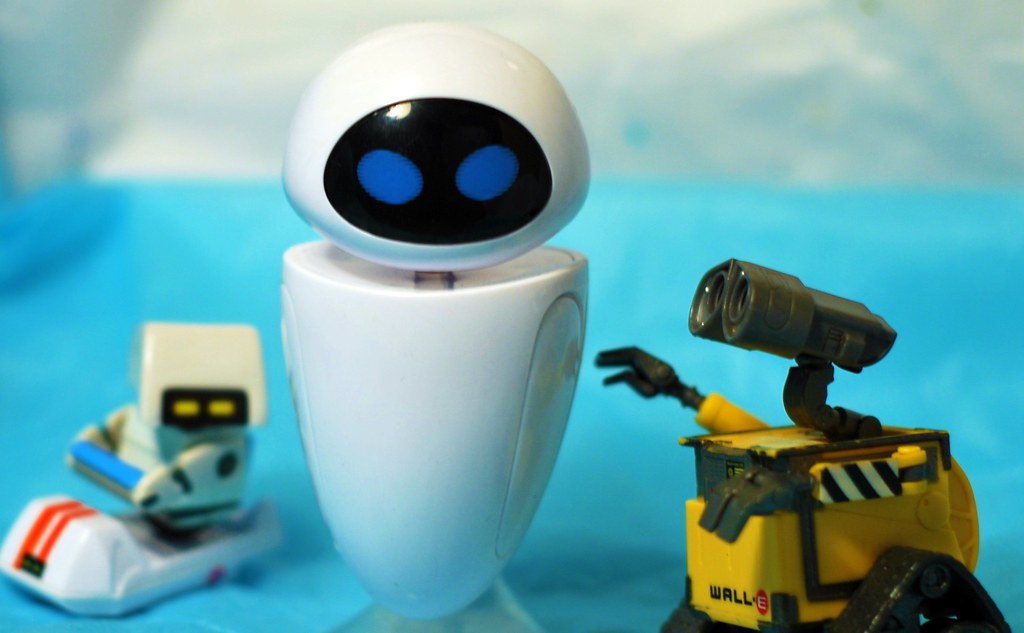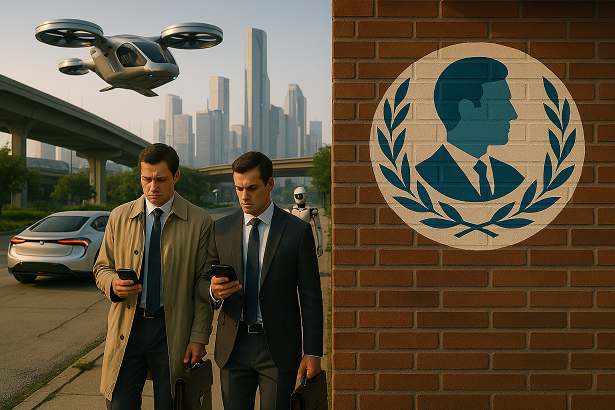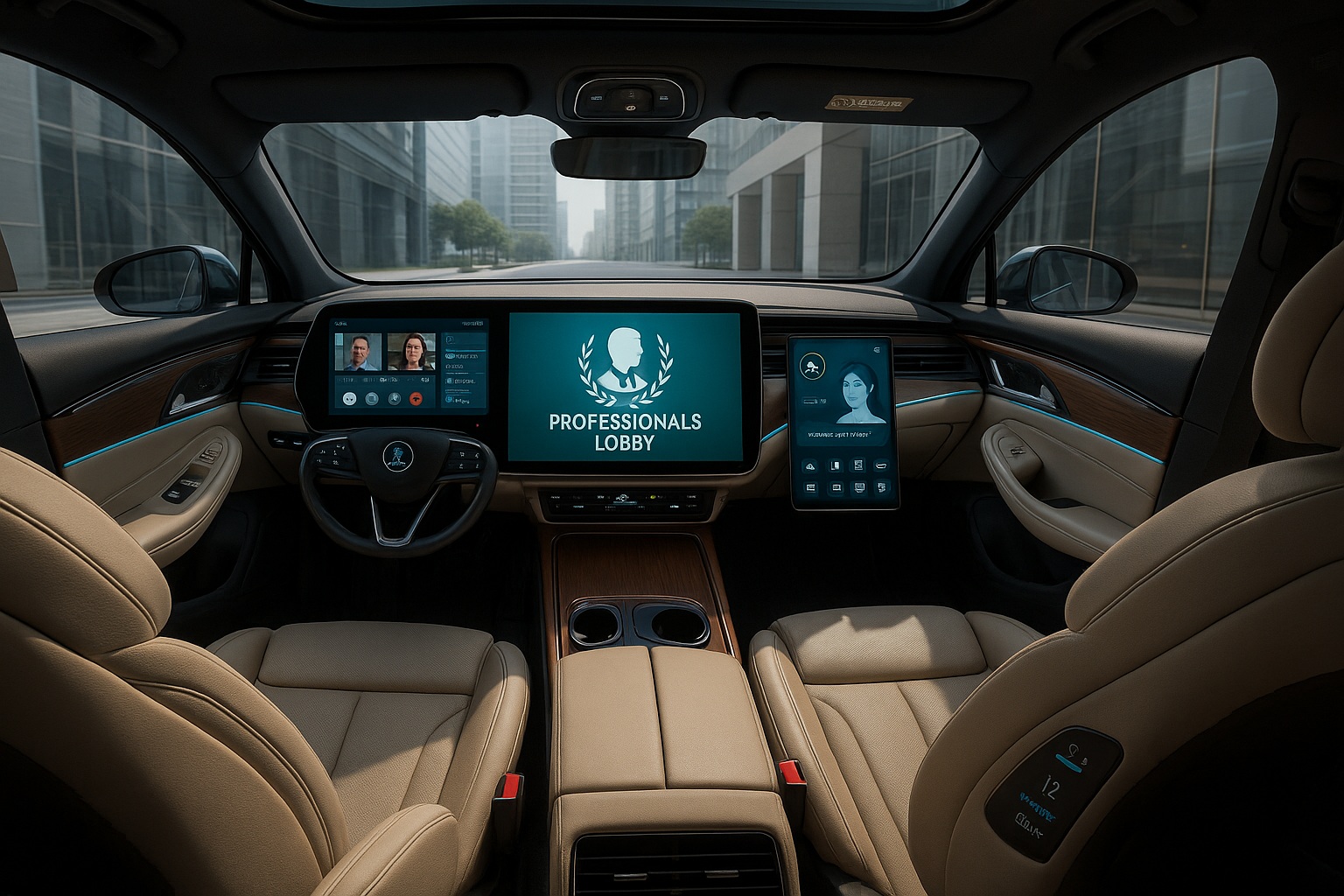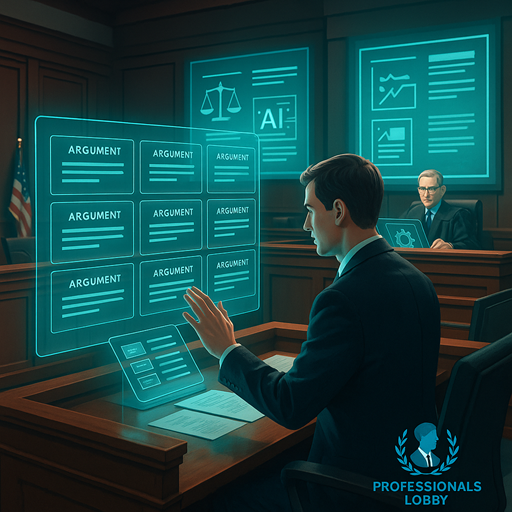When Pixar released Wall-E in 2008, it presented a dystopian future where humanity had abandoned Earth due to environmental collapse, living instead aboard a luxury spaceship completely dependent on technology. Fifteen years later, the parallels between Wall-E's world and our technological trajectory are becoming uncomfortably clear.
How Close Are We to Wall-E's Future?
Our current trajectory compared to Wall-E's world
Article Navigation
The Rise of Automation: Helpful or Harmful?
Wall-E's world showed humans completely dependent on robots for every task. While we're not there yet, automation is rapidly changing how we live and work:
Wall-E's World
- Robots perform all physical labor
- Humans never walk or stand
- Food is entirely automated
- No human creativity or problem-solving
Our World Today
- 30% of manufacturing tasks automated
- Self-driving vehicles emerging
- Automated checkout systems
- AI beginning creative tasks
"The danger isn't that automation will replace jobs, but that we'll become like Wall-E's humans - losing our purpose and physical capabilities by outsourcing everything to machines."
Environmental Parallels: From Fiction to Reality
Wall-E's Earth was covered in trash, forcing humanity to flee. While not as extreme, our environmental challenges mirror this dystopian vision:
Planet Covered in Waste
Earth abandoned due to unmanageable pollution and environmental collapse
Growing Waste Crisis
2.01 billion tons of municipal waste generated annually worldwide
Potential Tipping Point
If current trends continue, we may face irreversible environmental damage
Annual Global Waste Generation
The Space Junk Problem
Wall-E showed space filled with satellites. Today, over 27,000 pieces of orbital debris are tracked, with millions more too small to monitor. This growing cloud threatens future space exploration.
Health Consequences of Tech Dependency
The humans aboard the Axiom spaceship suffered from severe physical and social atrophy. Modern technology is creating similar health concerns:
Sedentary Lifestyle
Average screen time has increased to 6 hours 58 minutes daily, contributing to obesity and cardiovascular disease
Social Isolation
Despite being "more connected," 1 in 3 adults report feeling lonely, with digital interactions replacing face-to-face ones
Cognitive Decline
Constant digital stimulation may reduce attention spans and critical thinking skills
Digital Addiction
50% of teens feel addicted to their devices, with similar patterns emerging in adults
"Wall-E's humans were physically and mentally deteriorated by their technology. We must avoid this fate by prioritizing our health and well-being in a digital age."
Creating a Healthier Tech Future
Wall-E's story serves as a warning, not a prophecy. We can leverage technology while maintaining our humanity and planet:
Responsible AI Development
Create AI that augments human capabilities rather than replacing them entirely
- Focus on human-AI collaboration
- Preserve meaningful work
- Ensure human oversight
Digital Wellness Initiatives
Promote balanced technology use in schools and workplaces
- Screen time management tools
- Tech-free zones and times
- Digital literacy education
Sustainable Tech Practices
Reduce technology's environmental footprint
- Circular economy for electronics
- Renewable energy for data centers
- Extended product lifecycles
Human-Centered Design
Create technology that serves human needs without creating dependency
- Encourage physical activity
- Facilitate real-world connections
- Support mental health
Positive Tech Developments
Not all trends follow Wall-E's dystopia. Innovations like smart cities, renewable energy tech, and digital detox apps show we can use technology to create a better future.
What You Can Do Today
Audit Your Tech Use
Review screen time reports and set reasonable limits
Dispose Responsibly
Recycle old electronics at certified e-waste centers
Move Daily
Schedule regular tech-free physical activity
Support Good Tech
Choose companies with ethical and sustainable practices
Key Takeaways
Wall-E's world represents an extreme version of where our technology obsession could lead, but it's not inevitable. By being mindful of how we develop and use technology, we can create a future that combines technological advancement with human well-being and environmental sustainability.
Balance is Key
Technology should enhance, not replace, human experience
Awareness Matters
Recognizing these trends early gives us power to change them
Collective Action
Individuals, companies and governments all have roles to play
Want to Implement Responsible Technology in Your Business?
Our consultants can help you leverage AI and automation while maintaining human values and sustainability.
Schedule Consultation






